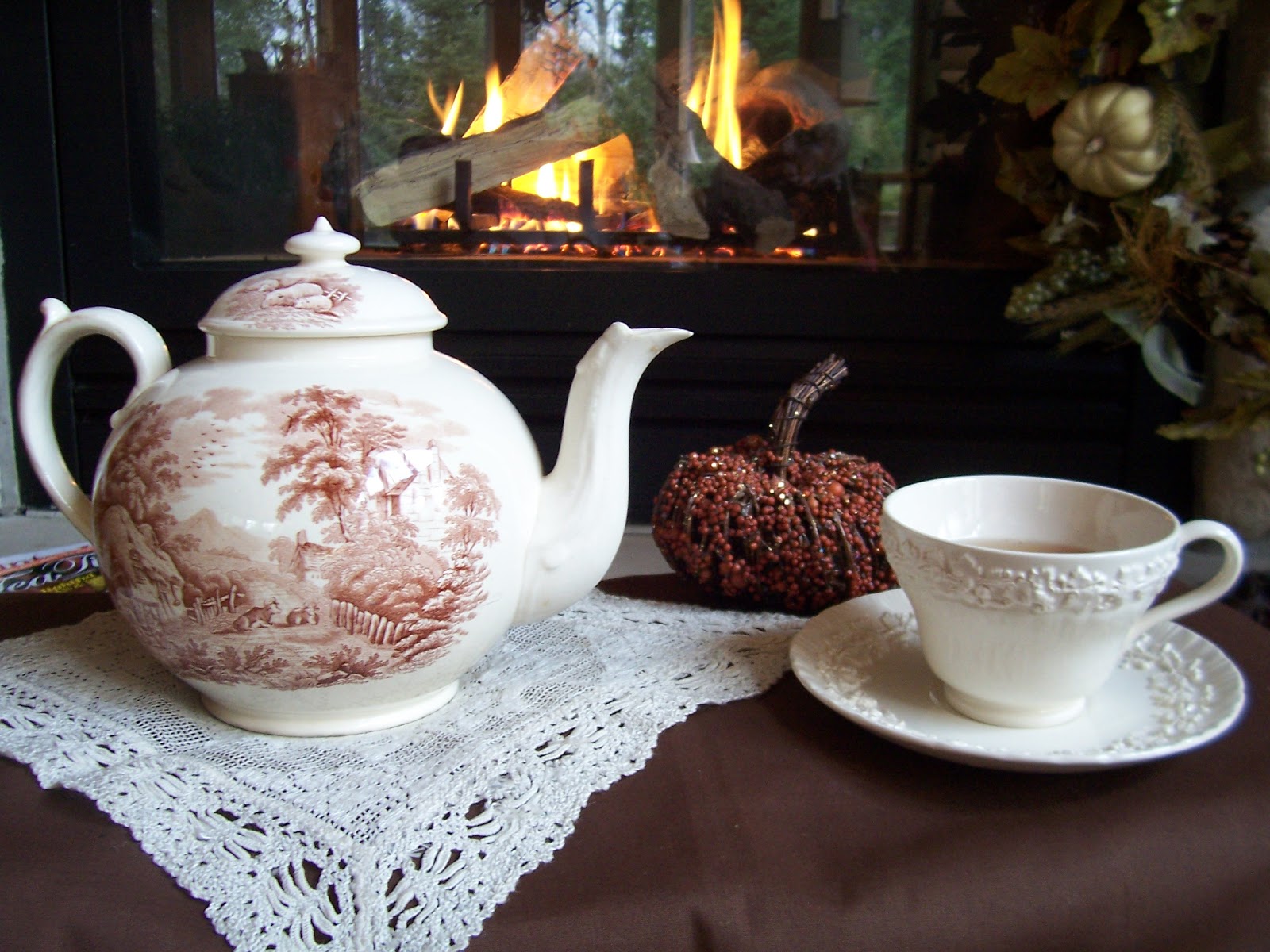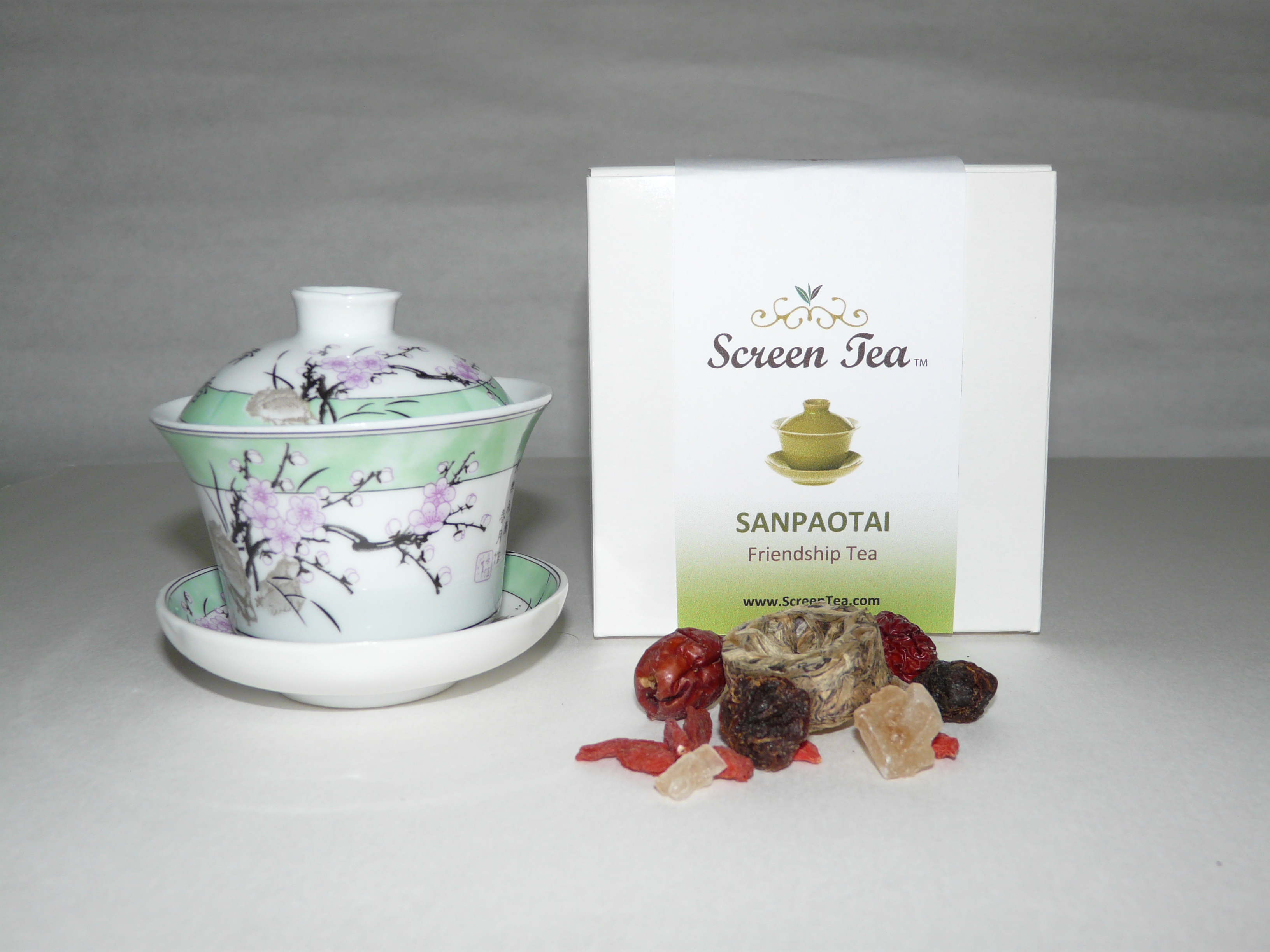Which Teas are Good for the Cold Weather?
Posted by Selina Law on Nov 2nd 2016
The temperature is dropping. You put on a few layers of clothes and the heater is on, but you can still feel the chill in the air. You think to yourself, “Why don’t I brew some hot tea to keep myself warm?” Good thinking, but do you know that some teas are better for the cold weather than others?

Tea (camellia sinensis) is usually categorized by the way it is produced. The basic types of tea are: white, green, oolong, black and pu-erh. Of these five categories of tea, it is believed that black and pu-erh teas are best suited for the cold weather, especially for women and the elderly.
Green tea is generally known to be rich in catechins and other polyphenols (antioxidants), very beneficial to good health, able to prevent cancer, improve cardiovascular health, boost weight loss, and to resist ionizing radiation and other effects. However, green tea, like white tea, is usually non- or semi-oxidized, and thus, is considered to be “cool” in nature. Green tea may be more suitable to be drunk in warm weather, or when your body is “fired up” from smoking, drinking and/or partying late into the night. When you feel that your body is hot and you get agitated and angry easily, it maybe time for a cup of green tea!
Black tea, on the other hand, is fully oxidized and is considered to be “warm” in nature. It contains flavonoids (antioxidants) which have a strong antibacterial and anti-inflammatory effect. It is believed that black tea can fight influenza virus effectively. It can serve as a good prevention from colds.
Many people also believe that theaflavin (antioxidant) is the most important functional ingredient in black tea. Theaflavins can help fight against cancer, prevent chronic inflammation and obesity, and reduce the incidence of cardiovascular disease. Black tea is also known to be gentle with the stomach—it “warms” your stomach. If you find that after drinking green tea your gastrointestinal tract does not feel very well, you may try drinking black tea instead.
Pu-erh tea is actually fermented. After fermentation the tea, under the action of microorganisms, will go through a series of complex chemical reactions and will generate some useful functional ingredients for the human body. These useful ingredients enable pu-erh tea to help us keep out the cold, and to assist with our digestion and processing of greasy food. During the holiday season we often consume lots of rich and fatty food, to sip a cup of pu-erh tea after a big meal may help ease or eliminate indigestion.
|
Maintaining our health is a year-round job. In cold weather when there seem to be more external elements than in warm weather that can lower our body’s immune ability and threaten our wellbeing, it is essential for us to take extra precautions. Sanpaotai tea can be a good defense tool because it combines pu-erh tea with different herbs to create a balance tonic for our bodies. It has jujube to strengthen the immune system and to fight infections; guiyuan to help generate warm energy; and Ningxia wolfberries to help promote healthy skin and reduce tough cold symptoms. |
Oolong tea is a partially oxidized tea. Its oxidation level is somewhat between green and black teas’. It is considered to be a moderate tea—not cold, nor hot. Oolong tea allows the body adapt to changes in the natural environment. When the brisk winter air or dry radiator heat gives you chapped lips and dry mouth, it is a good time to brew a cup of oolong tea.

In the cold weather to drink a cup of hot tea is an enjoyable thing, and if you choose the right tea for your body it can also be beneficial to your health. Simply said, whether a tea is suitable for the cold weather is relative to the degree of oxidation in its production process. Since green tea and white tea are oxidized to a lesser extent than the other teas, they are considered relatively to be on the “cold side.” Some people after drinking green or white tea in winter may feel stomach discomfort. Black, oolong and pu-erh teas seem to be more suitable choices for the cold weather. However, every person’s body is unique. The best way to decide if a tea is right for you is to try it and then pay attention to your body’s response.

The information, including but not limited to, text, graphics, images and other material contained on this website are for informational purposes only. The purpose of this website is to promote broad consumer understanding and knowledge of various health topics related to tea (both real and herbal). It is not intended to be a substitute for professional medical advice, diagnosis or treatment. Always seek the advice of your physician or other qualified health care provider with any questions you may have regarding a medical condition and never disregard professional medical advice or delay in seeking it because of something you have read on this website.


